Kindergarten isn’t just about scheduled nap times, games, and potty training. Your child will learn about themselves, how to get along with peers, academic skills like math, reading, and writing, as well as behavioural development. This article will guide parents through what to expect when their child attends kindergarten and the skills they will learn.
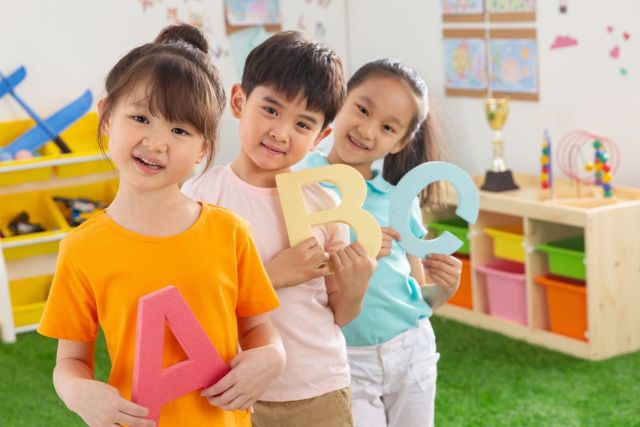
1. Maths
Maths in kindergarten focuses on learning to count from 1-10 and identifying numbers. Kids also learn how to count objects up to ten and replicate the number symbols when given. While a child may not be able to write out the numbers by heart, they can call them out in sequence and count objects with some accuracy. Maths for kids in the first grade also includes geometry for beginners, pattern recognition, and even simple arithmetic.
2. Reading Skill
Building a strong reading ability starts with their knowledge of the alphabet. They learn how each letter sounds, and the symbols associated with them. Teaching reading is not easy and kids will also learn the names and pronunciation of simple words associated with daily life, like objects around the house, classroom, or food items. Building this skill is essential to their academic growth, as much of schoolwork depends on how well a student can read.
3. Writing Skill
Writing covers both numbers and letters. Children start by learning how to draw lines and curves to familiarize them with the motions required to write letters and numbers. As their learning progresses, they learn to write in uppercase and lowercase and follow the lines in their notebooks. The pace at which each child learns is different, so do not be alarmed if your child takes their time to pick things up.
4. Social Studies
Social studies introduce students to the culture in their immediate society and the rest of the world. Perhaps it will also be the first time that children learn about geography and the different practices among people outside their immediate community.
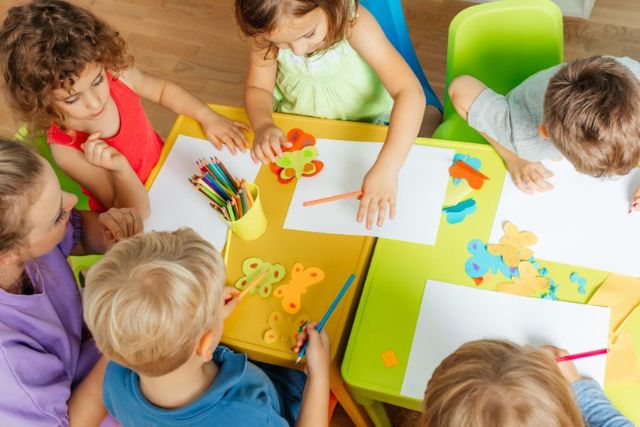
5. Creative Arts
In addition to reading and writing, which are core subjects for students, creative arts is non-negotiable. It is an opportunity for children to express themselves with little direction. It could be drawings, puzzles, games, or clay art. The goal is to get students to express themselves creatively. Such activities often inspire different beautiful designs.
6. Technology Skill
Kids do not have to wait to get into school to be exposed to technology. In most cases, they already have access to devices like smartphones, tablets, and other gadgets at home. However, technological skills in a school environment aim to improve digital literacy, build an awareness of how devices function, and overall tech savviness.
7. Emotional Development
Kindergarten helps kids associate words and explanations with how they are feeling. They are taught to use their words rather than act them out. Understandably, children are not as emotionally aware as adults can be.
There’s a tendency for them to act out their emotions and hurt others in the process. What kindergarten does for their emotional development is taught, in the simplest ways, what common emotions are. So, kids learn to recognize feelings like “happy”, “sad”, “hungry”, or “sleepy” in themselves and others. They also learn to show concern for others and ask for help from adults around them.
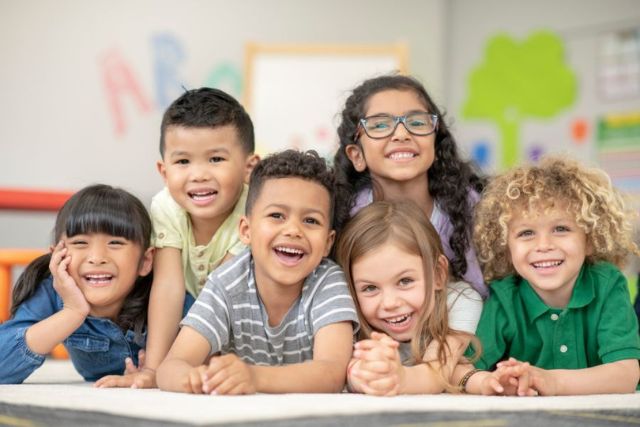
8. Physical Development
Physical development refers to learning motor skills: using and coordinating their hands and legs. Physical development is achieved through fun activities such as body exercises and outdoor activities. For instance, At Tutor Time International Kindergarten & Nursery, children are encouraged to enhance their fine motor skills through engaging activities such as drawing and writing, which involve the utilization of their fingers.
Schools often introduce games and puzzles to help them perform tasks like eating without making a mess, pouring liquids, or opening and closing doors and containers. This may also include handling scissors, cutting shapes, and stacking building blocks. The aim is to let them practice hand-eye coordination.
9. Literacy and Numeracy
Literacy and numeracy development are vital skills for everyone and are more effective when taught in the early years. Literacy is the ability to read and write. Numeracy is the ability to comprehend and solve concepts in maths in everyday life. That includes addition, subtraction, division, and multiplication.
Young children build a foundation in literacy in preschool to prepare them for further education. They also need a good grasp of numbers, counting, telling time, and understanding distance. These skills go hand in hand as kids build vocabulary to express the maths concepts that they experience daily.
Conclusion
Pace yourself and your child as you enter this new phase of their life, especially if it’s their first time attending school. Allow time to adjust to school routines, review what they learn in class, and ensure that they have a positive school experience. Remember that each child learns at their own pace and has their own strengths and weaknesses. Settle into a structure that works for you and your child.
* * * * *
Like what you see here? Get parenting tips and stories straight to your inbox! Join our mailing list here.
Want to be heard 👂 and seen 👀 by over 100,000 parents in Singapore? We can help! Leave your contact here and we’ll be in touch.





































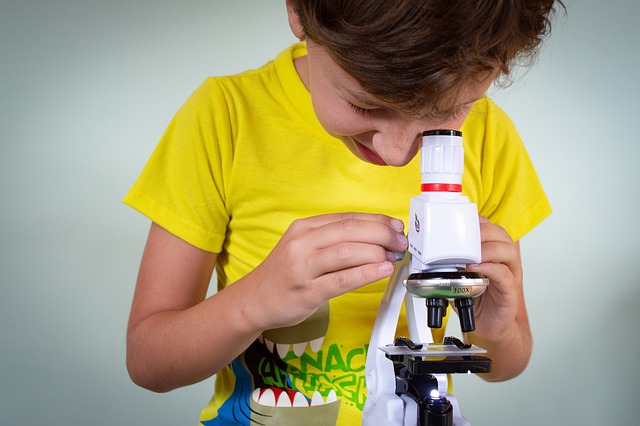
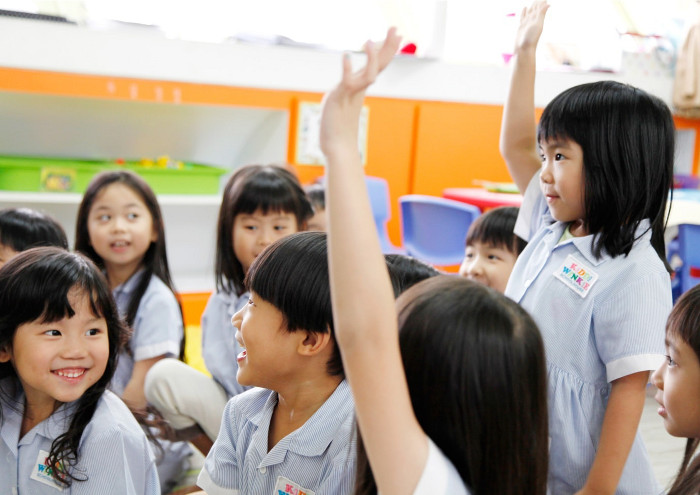

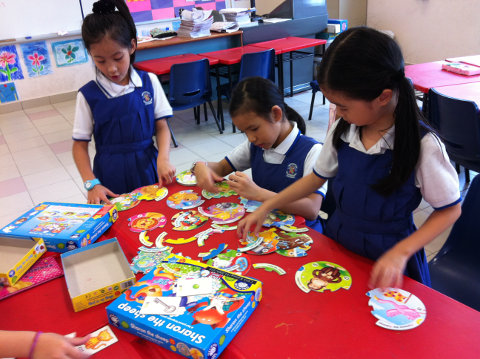
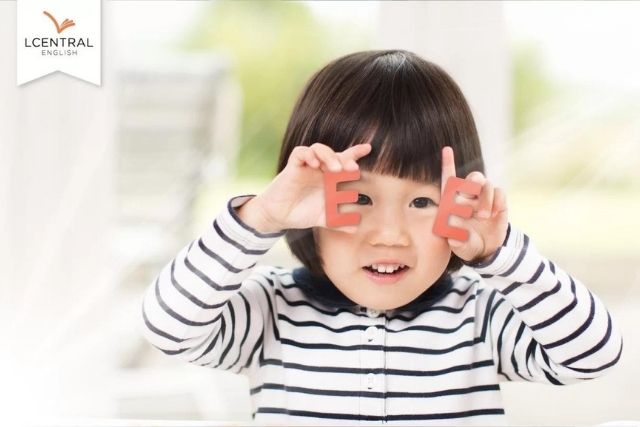
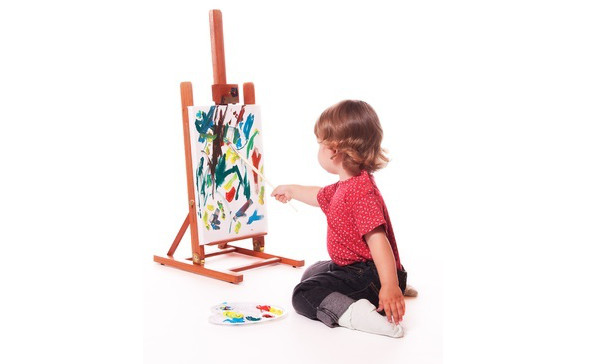
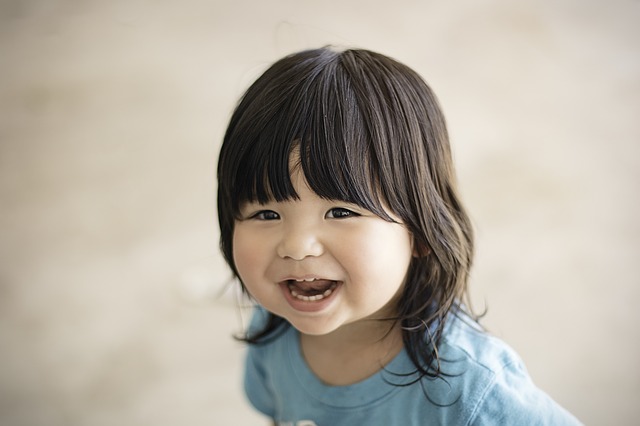
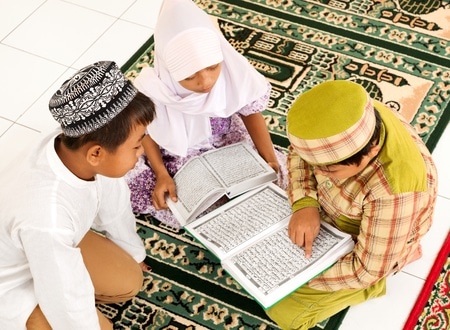
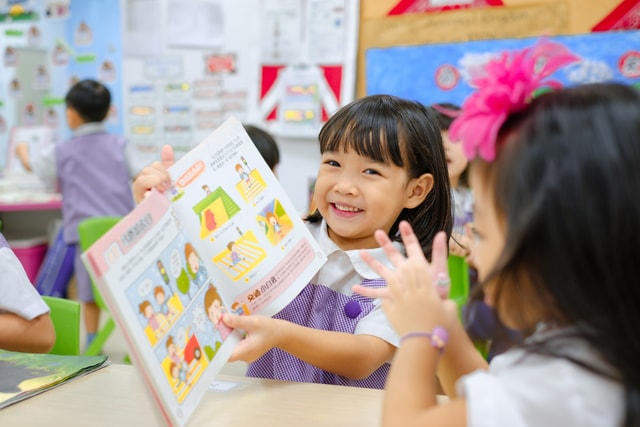
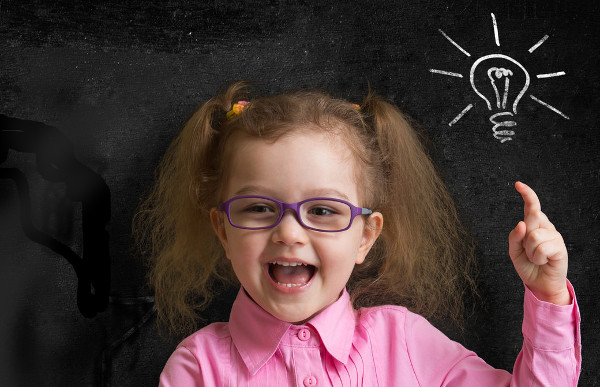

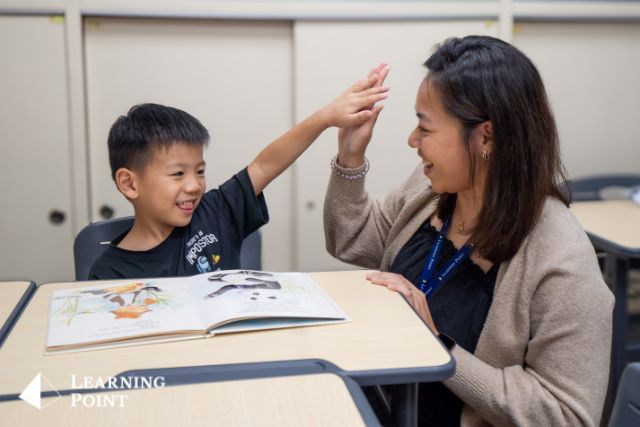









Leave a Comment: